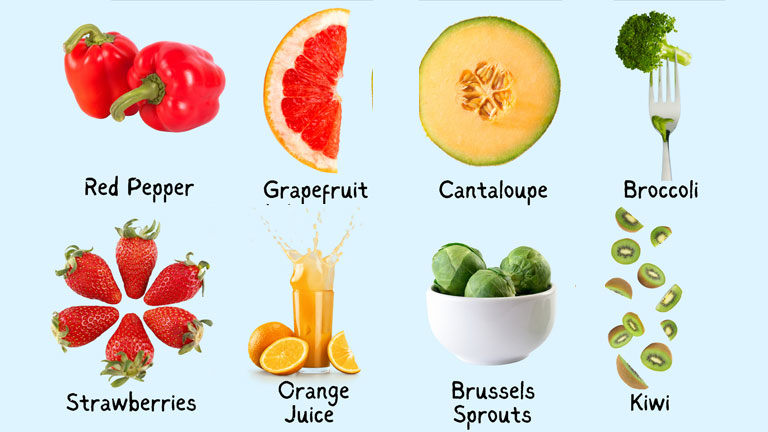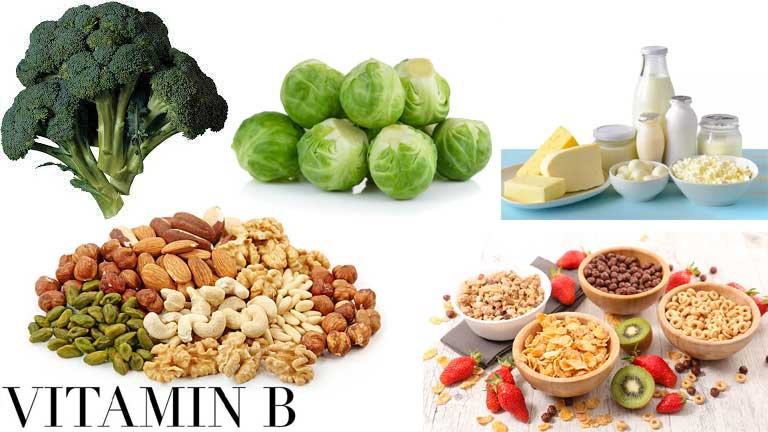
What can be a better foundation for a diet than a balanced meal made of healthy solid-form foods? The record of success such diets have in helping with a variety of weight management goals speaks for itself. Regardless of their effectiveness, though, diets that rely exclusively on the use of solid meals lack flexibility. And for this reason, they may not be the most optimal nutritional solution for some populations.
The Convenience of Liquid Meal Supplements
It’s neither feasible nor effective for athletes to base their entire peri-workout nutrition on solid meals alone. It is just as unrealistic to expect a business executive with a hectic schedule to avoid skipping major meals. When a diet calls for more flexibility, liquid meals serve as a real keeper. Easy to make and even easier to consume, they can supplement one’s diet virtually anywhere and at any time.
But what if you want to have something that’s more substantial than just a vegetable or a fruit smoothie? With the use of the right ingredients, you can make liquid meal supplements just as nutrient-dense as solid meals. Meal replacements and protein shakes are the two most common ways to densely pack your liquid meals with nutrients. Which of these two ways is better, though?
Meal Replacement vs Protein Shake: What’s the Difference?
When it comes to choosing a liquid meal supplement option, most people try to find a one-size-fits-all solution. Discovering such a solution, though, is simply not possible. Whether a meal replacement or a protein shake will serve you better depends on what you expect from each. So what’s the difference between these two options for a liquid meal supplementation solution?
To determine which one of the two options is better, you need to ask the following questions:
How much protein?
If you want your liquid meal supplement to be high in protein, then protein shakes are your best option. With most protein powders, you can get up to 30 grams of quality protein per serving. And you also get to decide what source, ranging from hemp to whey, you want this protein from.
Meal replacements tend to be more focused on their total calorie count and are usually low in protein. As such, some meal replacements can barely contain 10 grams of protein per serving. And they don’t offer you much choice as to where this protein is coming from.
How many carbs?
The design of most quality protein powders strives to keep their carbohydrate content to the absolute minimum. This is of clear benefit to those people who have problems digesting carbs well and have to avoid them. It also suits those people who want their liquid meal to contain only the carbohydrates they add themselves.
Meal replacements, on the other hand, tend to imitate regular meals and therefore contain significant amounts of carbohydrates. The sources for these carbohydrates can range from low-glycemic oats to high-glycemic dextrins. Most meal replacements combine both to cater to the needs of the average consumer who wants a meal substitution.
How much fat?
Protein powders are of limited use to people who strive to gain and maintain their muscle mass. When ingested together, fats can slow down the absorption rate of protein defeating the whole purpose of protein powders. For this reason, by their very design, quality protein powders leave as little room for fat content as possible.
Unlike protein powders, meal replacements contain decent amounts of fat that may come from a variety of sources. These include fats from coconut and vegetable oils, nut oils, and avocados. Quality meal replacements strive to combine these sources to create a mix of various types of healthy fats present.
What about micronutrients?
Both meal replacements and protein powders tend to include blends of various minerals and vitamins in their contents. Meal replacements try to mimic the content of a balanced regular meal and include the most essential minerals and vitamins. Protein powders, on the other hand, usually include only those minerals and vitamins that assist in muscle protein synthesis. As a result, protein powders may be higher in magnesium and zinc but miss out on potassium and calcium.
When to Go for a Protein Shake
The very design of protein powders naturally gears them toward athletic populations. Containing the highest amount of quality protein, they are ideal for people who train and strive to develop muscle mass. These people will be wise to base their entire liquid meal supplementation almost exclusively on quality protein powders.
Choosing protein powders over meal replacements is also a better choice for those people who want to lose weight. Several studies suggest that diets high in protein nourish the body in a way that does not increase fat. Protein fuels the body while naturally suppressing your appetite and makes it less likely for you to want carbs.
Finally, protein powders are a better fit for those people who want to customize their liquid meal supplements. Using protein powder as a base, you can add as many carbs and fats as you consider necessary. And those carbs and fats will come from the sources that you, and not the meal replacement manufacturer, prefer.
When a Meal Replacement Is Better
If you’re looking for a healthy meal substitute rather than just a supplement, meal replacements are a better option. Being the closest thing you can have to eat a regular balanced meal, they are a nice nutrient-dense solution. Unlike protein powders, they have carbs, and fats, and contain more micronutrients which makes them superior for fueling your body.
Meal replacements can also be a better choice for those people who want to gain weight. Most underweight people need more than just protein to be able to catch up with their ridiculously fast metabolism. Since meal replacements are more nutrient-dense, they allow such people to consume more calories with their liquid meal supplementation.
Some people may want to consume liquid meal supplementation in their diet, but don’t want to customize their drinks. Meal replacements provide such people with an out-of-the-box solution they can easily rely on without dealing with the technicalities. Quality meal replacement formulas often undergo design in scientific laboratories and usually present well-balanced nutritional solutions for many people.
If You Could Only Choose One
Choosing just one option between meal replacements and protein shakes can be hard since both have unique nutritional merits. If you had to choose only one option, however, protein shakes could offer you more versatility than meal replacements. Protein shakes allow you to customize your liquid meals in a variety of ways that best suit your goals. They also allow you to avoid being stuck with whatever each meal replacement manufacturer has put in their product.
Both proteins shakes and meal replacements, however, can be combined within your liquid meal supplementation plan. For instance, you can use a meal replacement to prepare your body for the energy demands of a workout. And you can then complete your workout with a protein shake that will supply your muscles with amino acids. Alternating between meal replacements and protein shakes within your supplementation plan can yield major benefits for your energy levels.




